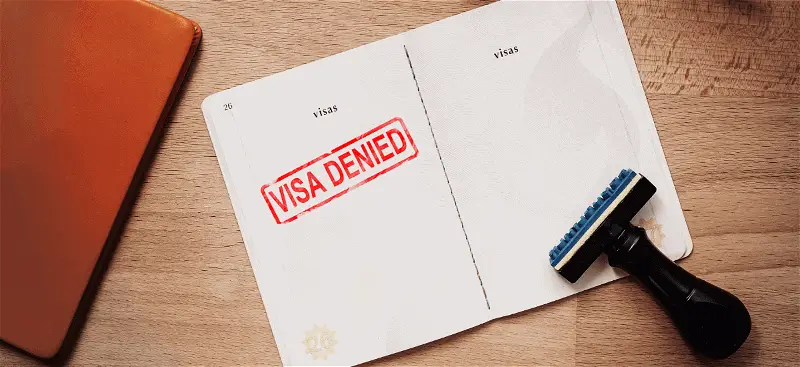
Japa: 5 reasons most visa applications are rejected
In this article, we explore common reasons most visa applications face rejection
Applying for a visa can be a complex and meticulous process. Understanding the common pitfalls can help applicants improve their chances of success.
Here are some of the primary reasons why visa applications are often rejected
Reasons for visa rejection
Incomplete Application
One of the most frequent causes for visa rejection is submitting an incomplete application. Missing documents or incomplete information can result in an automatic denial. Ensuring that every section of the application is thoroughly filled out and all required documents are provided is crucial.
Insufficient Funds
Visa officers must be confident that applicants can financially support themselves during their stay. If bank statements do not demonstrate sufficient funds, the application may be rejected. Applicants should ensure their financial documents clearly show their ability to cover all expenses.
Invalid or Incomplete Documentation
Using outdated or incorrect documents can lead to a rejected visa application. All documents must be up-to-date, accurate, and, if necessary, correctly translated. Double-checking all documentation before submission is essential.
Poor Interview Performance
For visas that require an interview, the applicant’s demeanor and responses are critical. Appearing overly nervous or failing to answer questions confidently can negatively impact the outcome. Applicants are advised to prepare thoroughly and practice their answers to common interview questions.
Lack of Ties to Home Country
Visa officers need to be assured that applicants intend to return to their home country after their visit. A lack of strong ties, such as employment, family, or property, can raise concerns about potential overstaying. Demonstrating significant connections to one’s home country can alleviate these concerns.


